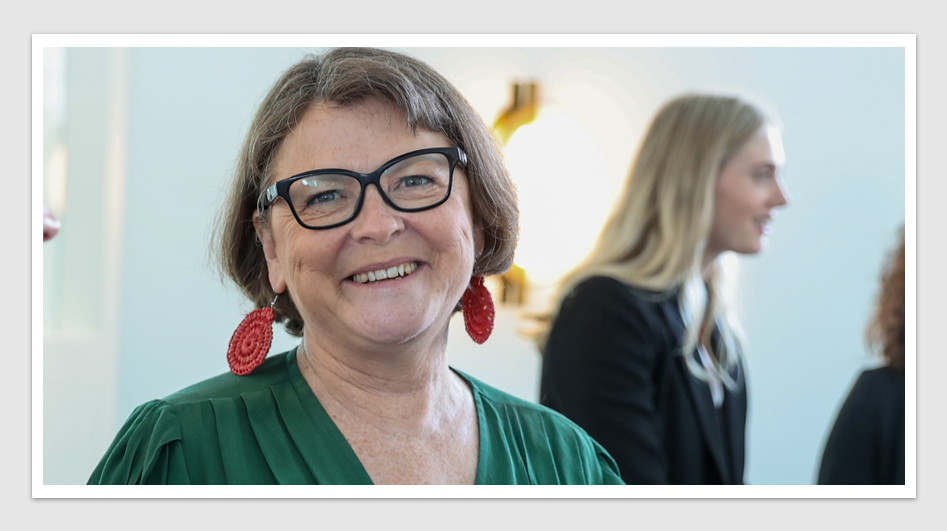News & Trends - MedTech & Diagnostics
28 million surgeries cancelled or postponed globally due to COVID-19 disruption

MedTech News: Based on a 12-week period of peak disruption to hospital services due to COVID-19, 28.4 million elective surgeries worldwide will be cancelled or postponed in 2020.
The modelling study, published in the British Journal of Surgery, indicates that each additional week of disruption to hospital services will be associated with a further 2.4 million cancellations.
The researchers collected detailed information from surgeons across 359 hospitals and 71 countries on plans for the cancellation of elective surgery. This data was then statistically modelled to estimate totals for cancelled surgery across 190 countries. Royal Australasian College of Surgeons (RACS) Fellows and trainees have contributed significantly to the study.
The researchers project that worldwide 72.3% of planned operations will be cancelled through the peak period of COVID-19 related disruption. The majority of cancelled surgeries will be for non-cancer conditions; however, it is estimated that globally 2.3 million cancer surgeries will be cancelled or postponed. Orthopaedic procedures will be cancelled most frequently, with 6.3 million orthopaedic operations cancelled worldwide over a 12-week period.
 Register FREE & join 22,000+ industry professionals in reading the latest industry news & engaging content from Health Industry Hub, the ONLY one-stop-hub connecting Australia’s Pharma, MedTech and Biotech industry professionals.
Register FREE & join 22,000+ industry professionals in reading the latest industry news & engaging content from Health Industry Hub, the ONLY one-stop-hub connecting Australia’s Pharma, MedTech and Biotech industry professionals.
In Australia, so far there have been eight weeks of significant cancellations of most non-urgent elective surgery, from mid-March to mid-May. However, elective surgery is now restarting, with varying but often still significant restrictions on numbers of cases. In total, this period of restricted workload has created a backlog of almost 400,000 cases that will need to be cleared after the COVID-19 disruption ends.
Dr Philip Townend, Consultant Surgeon, Gold Coast University Hospital commented “During the COVID-19 pandemic elective surgeries have been cancelled to reduce the risk of patients being exposed to COVID-19 in hospital, and to support the wider hospital response, for example by converting operating theatres into intensive care units. Although essential, cancellations place a heavy burden on patients and society. Patients’ conditions may deteriorate, worsening their quality of life as they wait for rescheduled surgery. In some cases, for example cancer, delayed surgeries may lead to a number of unnecessary deaths.”
To give an impression of the scale of the backlog, if we had been able to go back to an enhanced service after the worst of the disruption ended in late April, with the hospital system increasing the number of surgeries performed each week by 20% compared to pre-pandemic activity, it would still have taken 22 weeks to clear the backlog.
 In alignment with the Federal Government’s mental health initiative the #SelfcareInHealthcare campaign has been launched to support Pharma, Biotech and MedTech industry professionals. The initiative is supported by Medicines Australia, AusBiotech and ARCS Australia. Learn more.
In alignment with the Federal Government’s mental health initiative the #SelfcareInHealthcare campaign has been launched to support Pharma, Biotech and MedTech industry professionals. The initiative is supported by Medicines Australia, AusBiotech and ARCS Australia. Learn more.
Professor David Watson, Clinical Director of the RACS Clinical Trials Network Australia & New Zealand noted “This worldwide collaborative project to understand the consequences of COVID19 on surgery, including outcomes, service delivery and methods to reduce risk for patients and clinicians, has brought surgeons and their teams together to collect high quality data from across Australia and New Zealand. It is extending the work done in the past three years to establish collaborative research in surgery, involving all grades of surgeons from medical students to consultants, and in all the states, provinces and territories served by Fellows and trainees in our College.”
Dr Peter Pockney, Consultant Surgeon in Newcastle, NSW, and a member of the organising committee for the COVIDSurg project said “COVIDSurg is believed to be the biggest collaborative study ever conducted in Surgery. The contribution of RACS Trainees and Fellows, in Australia and NZ, has been vital in ensuring that the data produced and conclusions from it are valid and robust. The lessons learned will help health services plan, adapt and deliver high quality safe services as the pandemic progresses.”
News & Trends - MedTech & Diagnostics

Bariatric surgery trumps Novo Nordisk’s Wegovy in cost-effectiveness and durability
MedTech & Diagnostics News: Bariatric surgery emerges as cost-effective, boasting superior and enduring weight loss outcomes over a five-year span […]
MoreNews & Trends - Pharmaceuticals

Aussie digital health company hits new milestone in AstraZeneca partnership
Pharma News: Fewer than 50% of asthma patients adhere to their prescribed preventative medications. An Australian digital health company has […]
MoreDigital & Innovation

Medical drone to reduce health equity gaps in rural and remote Australia
A specialised medical drone which increases accessibility to essential health services such as pathology, medicines, and telehealth services in rural […]
More